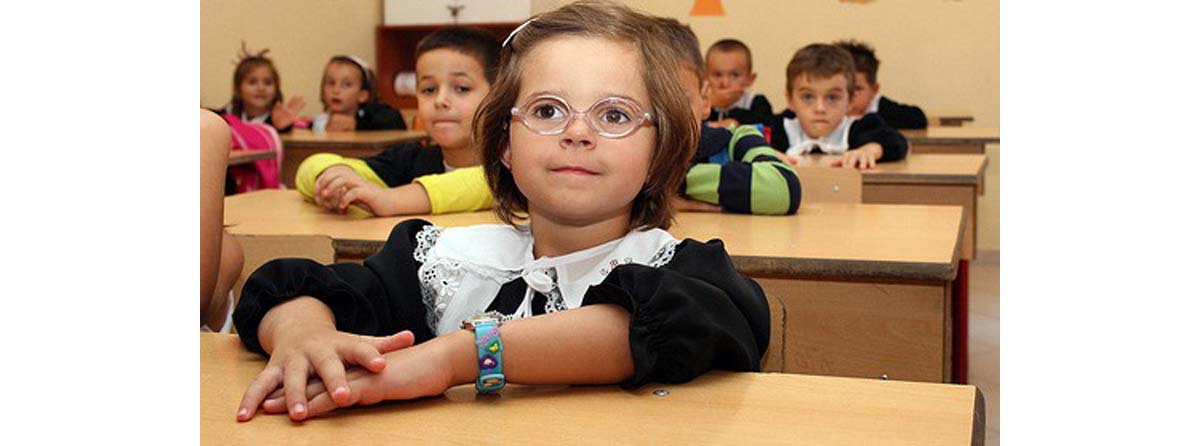Table of Contents
Giftedness doesn't go away when a child becomes an adult, and gifted individuals — especially those outside that socially-optimal range — are bound to run into the same difficulties they faced as kids all their life.

The feelings we have in childhood tend to stay with us for a lifetime. If your gifted child feels isolated, alienated, and like a perpetual outsider who is rarely liked or accepted by anyone accept perhaps his family now, it's no surprise that that child may end up with mental health problems later in life.
How do you avoid this, though, and help your gifted child feel like they belong and are accepted? That's the tricky part. There are no clear-cut answers, and a lot of experimentation on your part and your child's will be needed.
Access to true peers who understand the child's reasoning skills and share similar passions is one of the most powerful ways to ensure he or she feels understood, accepted, and a really a part of something. There are various ways to meet this need.
Finding True Peers
Parents and siblings are often within 10 IQ points of each other. If your child is gifted, you are likely to be too. If one of your children is gifted, another one may well be gifted too. Siblings can provide each other with exactly the kind of day-to-day support, love and understanding that kids need, particularly if they can't find this kind of relationship elsewhere.
If you already have several children who find true peers in each other, they have something great. If your child is an only and peers are hard to come by, you might just like to question if your family really is complete. Cousins and other relatives may also offer a lot.
Interest-based groups like ballet, snake breading, robot building, and so on are also wonderful places to look for real friends. If kids of similar ages are not available, don't think it's necessarily unhealthy for a gifted kid to have friends who are a lot older than him — he's probably looking for intellectual peers that understand him, and age is not really relevant for that.
Being academically challenged (AKA “working at an appropriate level”) is also very important to making a child feel good about himself and the world.
How can you ensure that your child is working at the right level? Finding the right level may take a significant amount of experimentation, and working with teachers that are willing and able to accommodate this is half the work. Those teachers are most likely to appear in gifted schools and gifted and talented programs, but you might also want to look closer to home. Kids in the highly gifted group have a tiny chance of their needs being met in school, and homeschooling can be a fantastic option in that case.
Homeschooling can ensure that the child has the freedom to work at the right level and explore her own interests and passions, means she's not surrounding by 30-odd kids who are making her feel weird, and gives the child more time to pursue friendships with intellectual peers outside of a school setting.
Every family will have to find their own answers, and the search for belonging may never be over. However, this is a crucial part of identity formation, so taking all the steps you can goes a long way.
- Photo courtesy of Barney Moss by Flickr : www.flickr.com/photos/barneymoss/8403878432/
- Photo courtesy of World Bank Photo Collection by Flickr : www.flickr.com/photos/worldbank/8250057274/


Your thoughts on this